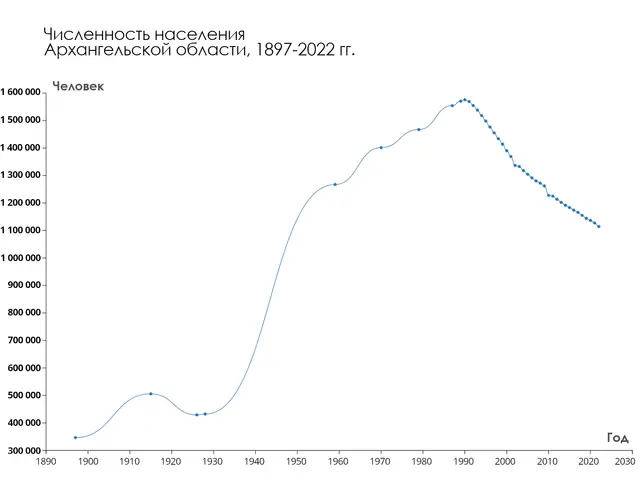Georgia Prohibits Commercial Use of Academic Dishonesty Services
In Georgia, offering help to cheat is now a punishable offense. On May 14th, Governor Brian Kemp put pen to paper to officially sign Senate Bill 213. This law outlaws making any money from providing significantly completed assignments, exam answers, or other student work that could be considered as part of an assessment task. Students encompass not just those in public, private, or home-schooled K-12 and colleges, but also those pursuing career licenses or certifications in Georgia.
This legislation impacts "any individual, partnership, firm, limited liability company, association, corporation, or other legal entity or unincorporated organization" that can profit by selling answers, essays, or other academic work meant for grades, credits, or certifications.
Known as contract cheating and a global, multibillion-dollar industry, experts argue it's tearing apart the essence of education by enabling students to buy grades, diplomas, degrees, and career certifications. Countries such as Ireland, Australia, and England have outlawed contract cheating, albeit with varying degrees of success. However, the United States has largely left contract cheating alone. With this new law in motion, Georgia becomes just the 19th state to address the issue. Enforcement of such laws will be handled by the state's attorney general, Chris Carr.
This new legislation comes with the backing of a potent coalition – The Credential Integrity Action Alliance (CIAA). Composed of education institutions, leaders, and corporations like Pearson VUE, Wiley, CompTIA, Proctorio, and Turnitin, the CIAA is dead-set on altering U.S. laws regarding commercial cheating services.
Rachel Schoenig, CEO of Cornerstone Strategies and CIAA Board Member, explained, "These members have come together to change laws in the U.S. and raise awareness of the harm that commercial cheating services bring." Michael Clifton, an executive director at CIAA and vice president at Cornerstone Strategies, added, "We want to raise awareness of the harm caused by commercial cheating services and actively change the laws. Commercial cheating services are a threat to education, workforce readiness, and our professional licensure protections." He continued, "By preying on vulnerable learners, these cheating services pose a risk to the public."
The laws that CIAA advocates for go beyond those in other countries and states, Schoenig emphasized. CIAA's approach extends to safeguarding higher education integrity as well as the certification and licensure exams crucial to workforce readiness and public health and safety.
Schoenig and Clifton both underscored the pressing nature of the problem presented by contract cheating services to the educational world. "We understand how these services have multiplied and openly encourage students and test takers to violate academic rules. We need to share how they are targeting vulnerable individuals, undermining our workforce and licensure protections, and even attempting to extort and blackmail students. These services aren't about helping others; they're about profit, pure and simple – profit that harms the U.S. public," said Clifton.
Although Georgia may have been the first state to adopt modern measures against contract cheating, CIAA leaders believe it won't be the last. The team is actively working in other states to pass similar laws and hold contract cheating companies accountable for their actions.
It's disgraceful that selling cheating solutions is legal in the U.S., and that many states let it continue unabated. But with action and investment from the CIAA and laws like the newly-enacted one in Georgia, this may soon change.
This legislation, signed as Senate Bill 213, is part of the education-and-self-development policy-and-legislation in Georgia, aiming to combat contract cheating, a global, multibillion-dollar industry that threatens the integrity of education, workforce readiness, and professional licensure protections. The Credential Integrity Action Alliance (CIAA), a coalition of education institutions, leaders, and corporations, is leading the charge in politics to alter U.S. laws regarding commercial cheating services, with Georgia becoming the 19th state to address the issue.






